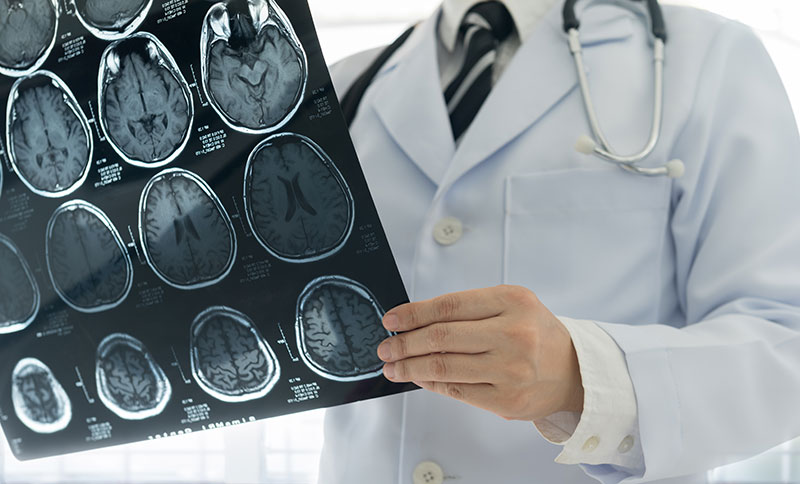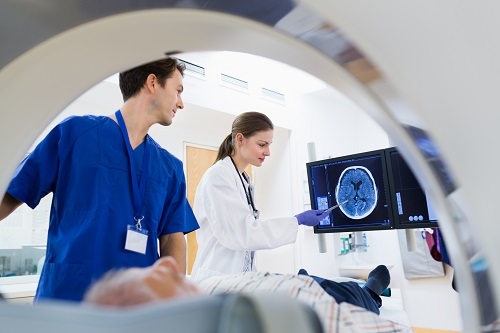September 12, 2017 (Medical News Today)
It has already been discovered that individuals diagnosed with multiple sclerosis (MS) have a specific gut microbial profile which shows that some bacteria are much more prevalent in the guts of those with MS while levels of other bacteria are abnormally low.
Specific gut microbiomes were analyzed to investigate if they may play a role in promoting MS. For this study, the gut microbiomes of 71 people with MS were analyzed while the guts of 71 people who had no history of MS were also analyzed.
Using in vitro experiments to study the exact roles of these gut microbiomes, it was found that Akkermansia muciniphila and Acinetobacter calcoaceticus, which are commonly found in the guts of people with MS, prompted a pro-inflammatory response. Simultaneously, Parabacteroides distasonis, which is found at unusually low levels in people with an MS diagnosis, determined immune-regulatory responses. Other results showed that MS-specific gut microbiomes in mice led to the loss of critical immune-regulatory cells and also helped with neurodegeneration.
While researchers want to be clear that these findings do not suggest microbiome to be the sole trigger of MS, they do feel that these microbes could play roles in disease progression for certain individuals with genetic predispositions. These results seem very promising for helping scientists develop more effective MS therapies
















Leave a Reply